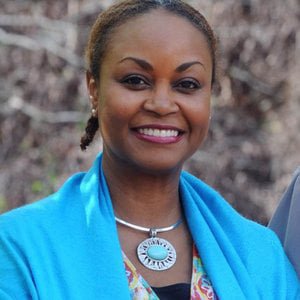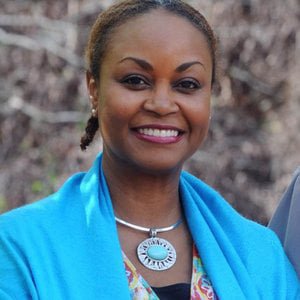It was heart wrenching to watch images of the injured baby right whale off the Georgia coast last month. To know that the injuries were caused by boat strike is terribly alarming. Boaters, whether recreational or fishing, should be more conscientious of calving season and do their part to protect this endangered species of whales.
Every winter, many North Atlantic right whales make their way home to the ocean off Georgia to calve. Our waters provide safe and warm habitat to have their babies and gain their strength for the long expedition home to the North Atlantic and Canadian waters in the Spring. We are very lucky to play such an important role in the future of one of the planets most endangered large marine mammals roaming the seas.
Busy waterways along the Atlantic create major threats like ship strikes and fishing entanglement. Between 2017 and 2019 - 28 North Atlantic right whales have been killed. And before this, the history of whaling decimated the whale’s population because they were often found near shore, swim slowly and tend to float when killed, making them an easy whale to target and therefore deeming them the “right” whale to hunt. Thankfully whaling was banned in 1935. When it was thought that as little as 100 right whales were left. When whaling was banned, the population of right whales started to recover.
How we face the rising demands of shipping and fishing throughout the migratory corridor of these right whales will decide their future. Since the problem has been identified, it is now time to fix it. This will require an act of coordination between many stakeholders to protect the whales from fishing gear entanglements and ship strikes. There is one important piece of legislation which can help us to protect these whales and secure a healthy ocean legacy. Senator Perdue and all Georgia Members of Congress should support the SAVE the right whales act 2019 (H.R. 1568/S. 2453) introduced by Senator Johnny Isakson in September. What was once the right whale to hunt, must now become the right whale to save.
As executive director of the Susie King Taylor Women’s Institute and Ecology Center here in Midway and a member of the M.K. Pentecost Ecology Fund Committee at Savannah Presbytery, I believe that it is vitally important for faith communities to offer their voices and resources for the sustainability of Earth’s ecosystems in which oceans, seas, and coastal areas are a large component. This is what it means to be human caretakers of creation and it is fundamental to our beliefs.
Hermina Glass-Hill is executive director of the Susie King Taylor Women’s Institute and Ecology Center in Midway.

